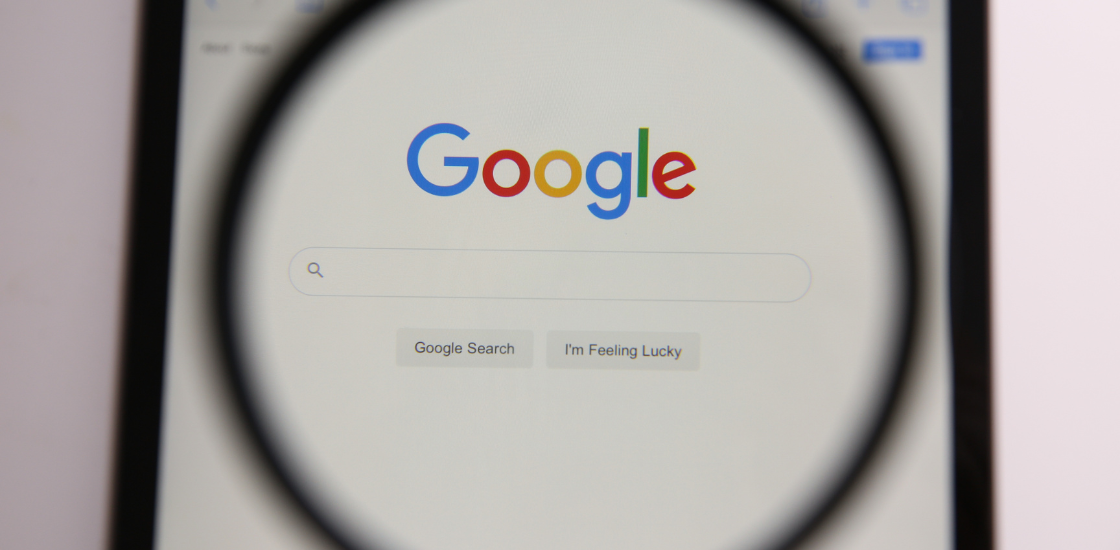Google Ads Revamps Approach to Gambling and Games Advertising in the U.S.
A notable shift is on the horizon for Google Ads, particularly in the realm of gambling and games advertising in the United States.

This update, effective from December 12, 2023, is poised to significantly transform the advertising landscape in several states.
Changes in State-Specific Advertising Policies
The update will profoundly affect advertising dynamics in Arkansas, Montana, New Jersey, and New York. In these states, Google will begin to allow and facilitate advertisements for lottery couriers.
Furthermore, in Vermont, the policy will enable sports betting ads, but only from entities that have received state approval.
Accompanying this change are rigorous regulations aimed at ensuring compliance and promoting responsible gambling practices. Advertisers desiring to run gambling-related ads must undergo a comprehensive application process for approval by Google.
They are also mandated to strictly comply with Google’s policies and are required to feature responsible gambling information prominently on their landing pages.
Alignment with Google’s Authorized Buyers Gambling and Games Policy
All creative content linked to gambling and games must not only adhere to Google’s Authorized Buyers Gambling and Games policy but also align with local laws and industry standards.
This alignment underscores Google’s commitment to responsible and compliant advertising practices within the gambling and gaming sectors.
The updated policy underscores a significant focus on responsible advertising practices. A key aspect of this is the strict prohibition against targeting minors, particularly those under the age of 21. T
his measure is in place to ensure that the advertising of gambling and gaming services does not negatively impact vulnerable groups.
Our Comment on the Article
Google’s latest policy update represents a careful balance between allowing more freedom in gambling and games advertising and maintaining a high standard of responsible practices.
This change reflects an evolving understanding of the digital advertising landscape, where opportunities for businesses are expanding, but not without a heightened sense of responsibility and compliance.
The focus on preventing underage exposure to gambling ads is especially commendable, indicating Google’s commitment to ethical advertising standards.
As this new policy rolls out, it will be interesting to observe how it influences the advertising strategies of gambling and gaming companies, and how effectively Google enforces compliance to protect consumers and vulnerable populations.
